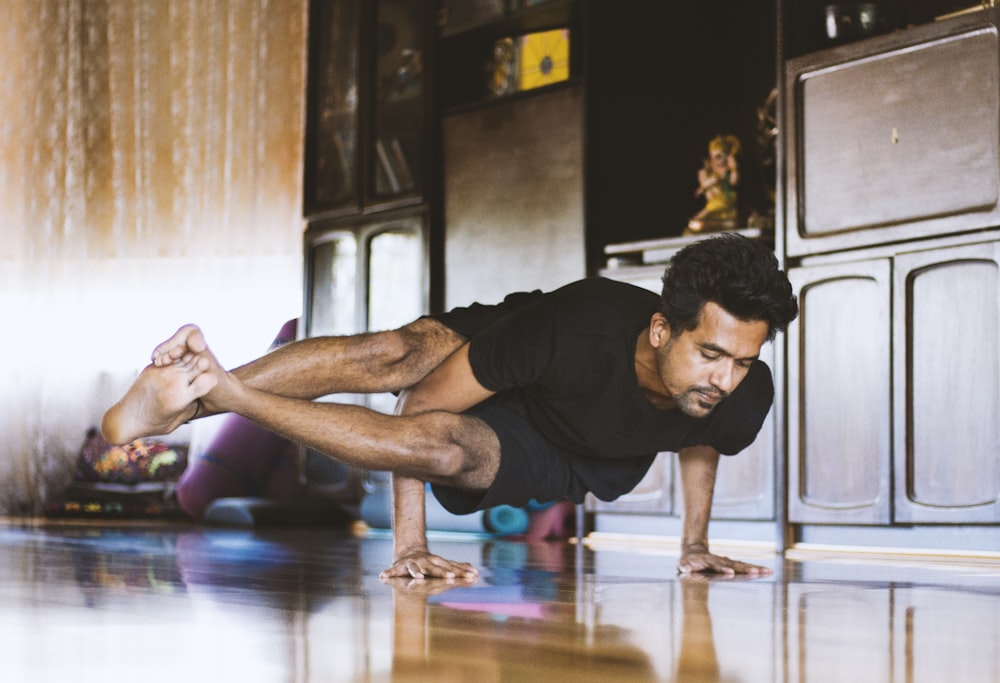

Introduction:
Embarking on a fitness journey requires not just dedication but also adaptability. Life is dynamic, and so should be your approach to fitness. This guide explores the importance of adaptability in your fitness routine and provides practical strategies to make your journey more sustainable and effective.
Understanding the Need for Adaptability:
Fitness routines are often disrupted by unexpected events, busy schedules, or changes in lifestyle. Recognizing the need for adaptability is the first step towards building a routine that can withstand the challenges life throws at you.
Setting Flexible Goals:
Rather than rigidly adhering to fixed goals, consider setting flexible and adaptable objectives. Life is unpredictable, and so are your circumstances. Having goals that can be adjusted allows you to stay motivated and make progress, even when faced with unexpected challenges.
Diversifying Your Workout Routine:
Adaptability in fitness also involves diversifying your workout routine. Explore various forms of exercise, from traditional gym workouts to outdoor activities, yoga, or home workouts. This not only keeps things interesting but also ensures that you can engage in physical activity regardless of your location or access to specific equipment.
Integrating Micro Workouts:
When time is limited, adaptability is crucial. Break your workouts into shorter, focused sessions known as micro workouts. These brief but intense bursts of activity can be easily incorporated into your day, offering flexibility for those with busy schedules.
Balancing Consistency and Variety:
Striking a balance between consistency and variety is key. While consistency is essential for progress, incorporating variety prevents boredom and keeps your body challenged. Be open to trying new exercises and activities to keep your routine fresh and exciting.
Adapting to Lifestyle Changes:
Life changes, and so should your fitness routine. Whether it’s a new job, family responsibilities, or travel commitments, adapt your workouts to fit your current lifestyle. This might involve finding new workout locations, adjusting your workout times, or exploring virtual fitness options.
Utilizing Technology for Flexibility:
Technology offers a wealth of resources to enhance adaptability. Utilize fitness apps, online classes, or virtual trainers that allow you to work out anytime, anywhere. These tools provide flexibility and accessibility, ensuring that you can maintain your routine even on the go.
Prioritizing Recovery and Rest:
Adaptability also extends to recognizing when your body needs rest and recovery. Listen to your body’s signals and adjust your workout intensity accordingly. Incorporate active recovery days, stretch sessions, or low-impact activities to ensure long-term sustainability.
Building a Support System:
Surround yourself with a supportive community. Whether it’s workout buddies, friends, or an online fitness group, having a support system can provide motivation, accountability, and valuable insights. Adaptability becomes more manageable when you have a network to lean on.
Embracing the Journey:
Adapting your fitness routine is not a sign of failure; it’s a testament to your resilience and commitment to long-term health. Embrace the journey, celebrate your victories, and learn from the challenges. The ability to adapt is a valuable skill that extends beyond fitness and into all aspects of life.
Explore more about Fitness Routine Adaptability in this guide.




:max_bytes(150000):strip_icc()/About-A53-YChestPress-719-c0225c885f6347e1a7c52bab2fdc2bb8.jpg)



:max_bytes(150000):strip_icc()/BENT-OVER20ONE-ARM20KETTLEBELL20ROW-2000-4891a75db240476b8508e20a0fac4fee.jpg)
